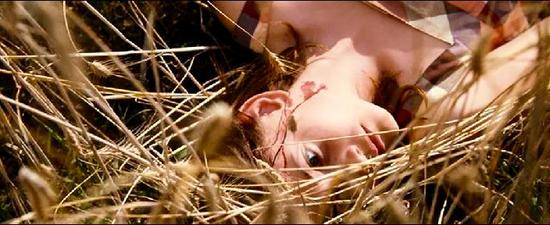 Beginning 23 years in the past, Baran bo Odar's The Silence details the brutal rape and murder of a young girl named Pita by Peer, while his helpless and cowardly friend Timo watches in shock. Now in the present day, 23 years to the exact date, the 13-year-old Sinikka goes missing, her bike discovered in the exact same spot as Pita's murder. Pita's murder was never solved, prompting the police to believe the same killer is responsible for Sinikka's disappearance. Baran bo Odar's The Silence is an extremely well crafted crime thriller exploring guilt, obsession, and darkness. The film features a huge ensemble cast, with every character being psycholoically explored. David, the chief detective of the case, is dealing with the recent loss of his wife, which leads to him becoming obsessive over Sinikka's case. He looks to Pia's mother for some type of guidance when it comes to tragedy, but she herself is being forced to relive her own trauma, as unhealed wounds come back to the surface. Timov is one of the most powerful aspects of the film, a deeply flawed individual whose guilt has consumed him, forced to relive the faithful day 23 years ago where he stood by and watched a young woman's murder. This is an intricate exploration of tragedy, capturing the guilt, second-guessing, obsession, and evil that all plays a part. The Silence is an incredibly well orchestrated ensemble film, providing a penetrating look into the psyche's of a host of characters, each of which is effected differently by these horrifying events.
0 Comments
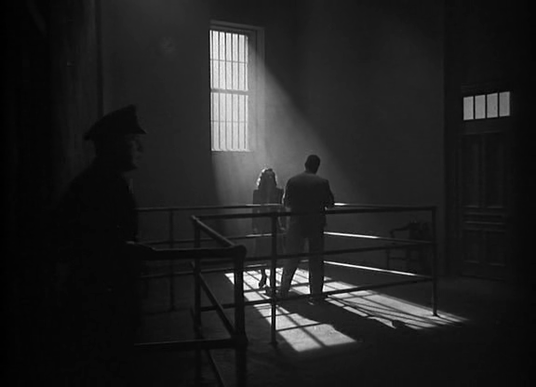 Coming to the realization that his marriage is past saving, Scott Henderson heads to a midtown Manhattan bar one evening, intent on drowning his sorrows in booze. He strikes up a conversation with a woman, who herself seems to be in a similarly depressed mindset, eventually persuading her to join him at the theater, taking advantage of two tickets he has. The woman is persuaded due to Scott granting her one stipulation, that they never exchange names, just appreciate each others company. After the show Scott returns to his home alone only to find three detectives in his apartment. Scott's wife has been strangled and as the Inspector's investigate, no one, not the bartender or cabbie collaborate with Scott's alibi, never admitting to remember Scott being with a woman that night. With Scott unable to prove he was elsewhere during his wife's murder, he is convicted and sentenced to death. His assistant, Carol Richman, who is secretly in love with Soctt believes there is no way he is capable of murder, setting out to prove his innocence by any means necessary. Richard Siodmak's Phantom Lady is an extremely well-crafted film noir that sets itself apart due to strong female protagonist. Carol is an adnormality in the film noir genre, a strong-willed woman who takes on the detective type role, hunting down these witnesses in the bartender, chorus drummer, and stage performer who all mysteriously don't recall a woman accompanying Scott Henderson that night. One of my favorite sequences of the film revovles around Carol tracking down the bartender, with Siodmak shooting the sequence in almost sinster way, giving Carol an aurora of power as she stalks the bartender looking for answers. Phantom Lady is a solid narrative but what sets the film apart is Siomak's style, using extreme angles, close-ups, and expressionist lighting to create a memorably noirish thriller.  Chris Eska's The Retrieval takes place in 1864, with the Civil War still ravaging the coutntryside. Will, a fatherless teenage boy, works for a white bounty hunger gang, tracking slaves who have fled from their owners, gaining their trust and luring them back to the south. Will's latest bounty sends him into the north to find Nate, a freed slave, who now works as a gravedigger for the union army. With a bogus story centered around Nate's brother, Will convinces Nate to journey with him back to the South but as they find themselves alone, an unexpected bond between Will and Nate begins to grow. The Retrieval is a powerful character study that captures a time and place while delivering a touching coming-of-age tale. Focusing on a story of Will, a young boy whose grown up in a tough environment, Chris Eska creates a powerful and poignant portrait of selflessness. The film constantly reminds the viewer of the war and violence all around these characters but it never consumes the narrative, being used more as a thematic device to drive the story. Will is a character whose always done what he deemed necessary to survive, but when he meets Nate he begins to realize the power of kindness and selfishness, learning to be a better person than the world around him. The father-son dynamic between these two characters is important yet never overly sentimental, with each character filling a void in the other. Suspenseful, tense, and poignant, Chris Eska's The Retrieval is low-budget film that is a great reminder of the power of impressive storytelling. 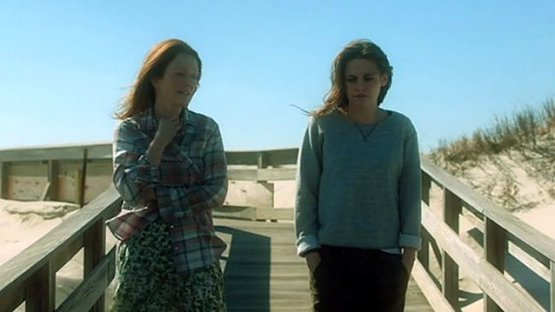 Alice Howard, a happily married woman with three grown children, is a renowned linguistics professor at a prestiges university. Along with her husband, another acclaimed intellectual, they live a seemingly perfect life together doing what they love. When Alice recieves a diagnosis of early-onset Alzheimer's disease, her world is flipped outside down, with this terrible disease slowly testing her resolve as well as the relationships with everyone she loves. Richard Glatzer & Wash Westmoreland's Still Alice is an intimate and heartbreaking examination of Alzheirmer's disease, showing the incredible debilatating disease for what is it, a destructive force. Still Alice captures the true horror of a disease that slowly strips away all memory, with Alice a once proud intellectual type slowly losing the ability to form basic sentences. Julianne Moore gives a great performance as Alice, capturing the vulnerability of a once proud woman coming to grasps with a mind that is simply deteriorating. Alice being a linguistics teacher was a clever character decision, with the film juxtaposing Alice's intellectual prowess with the diseases destructive forces, stripping away Alice's ability to remember even simple words in conversation. This is a disease that slowly stripes away all memory, and the film does a great job at capturing how important that is to identity, with Alice becoming a woman who has lost complete semblance of the woman she once was. While the film's dialogue leaves something to be desired at times, Still Alice uses a detailed approach to present an authentic look into Alzheimer's disease, revealing the strain it has not only on the individual, but anyone and everyone she loves. 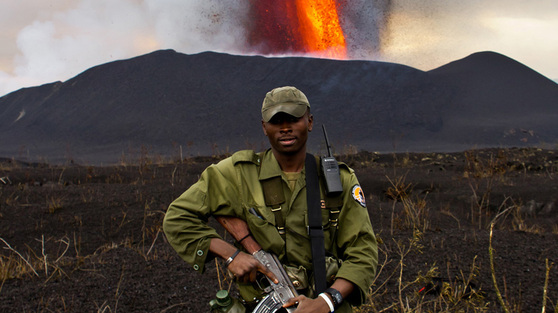 Lying in the forests of the eastern Congo sits Virunga National Park, one of the most biologically diverse areas left on the planet, and home to the last living mountain gorillas. In this enchanted land a battle is raging, with one side made up of a small group of park rangers, conservationists of the orphan gorillas, and a Belgian conservationist, who all protect the land from poachers, armed militia and the constant corporate interests which threaten to destroy the land ofr its rich natural resources. When a new threat emerges in the rebel group M23, the stability of this small region of the Congo is shaken once again. Orlando Von Einsiedel's Virunga is a fascinating and important documentary that explores this fragile region of land, capturing the greed and manipulation that threatens this fragile eco-system. Filmed in an intimate, muckraking type of style, Virunga plays less like a documentary about conservationism and more like an action thriller, with a surprising amount of tension and unease throughout its 100 minute running time. Virunga is a film that reveals a vast web of corruption and deceit around this national forest, revealing a fight over the soul of this land,with massive corporate greed and individual interests wanting to take over the land for their own selfish reasons. Virunga intimately follows the men and women who attempt to protect this land, with an ex-child soldier turned ranger, being one of the most compelling. Virunga is not a ground-breaking documentary by any means but it's a very solid film about an important issue, being gripping and emotionally intimate about its characters. 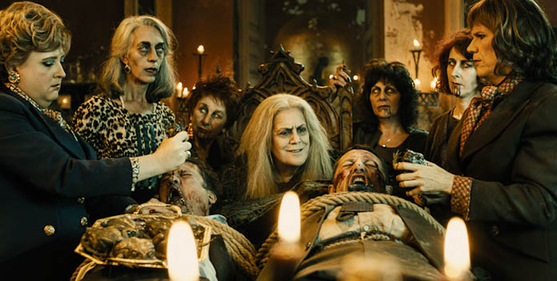 Recently seperated from his wife and drowning in debt, Jose is struggling to survive. With his ex-wife fighting for sole custody of their son, Jose becomes desperate, deciding to rob a Cash-for-Gold store in a last ditch effort. Along with a few equally desperate buddies, the robbery is a success, as they get away with thousands of gold wedding rings. Fleeing from the scene, they enter Basque County, an area that is the legendary home of ancient covens and witchcraft. Alex de la Iglesia's Witching & Bitching is exactly what you'd come to expect from the filmmaker, another highly entertaining, subversive horror comedy that excels due its one-of-a-kind, absurd storytelling. his is a welcome return for Alex de la Iglesia, as I felt his last few films were a little reserved for the filmmaker. Luckily, Witching & Bitching is as bonkers as one has come to expect, using a farce witch-based storyline to poke fun at both the male and female gender. Witching & Bitching is pure mayhem, being a "Battle of the Sexes" film in a way that only Alex de la Iglesia could provide. Nearly every male character in this film is controlled by his sexual desires, while every female is over sensitive and emotional, and Alex de la Iglesia never holds back in deconstrucing the larger stereotypes of both sexes. Grotesque, outlandish, and full of energy, Witching & Bitching is an incredibly fun film that grows more and more absurd by the minute. 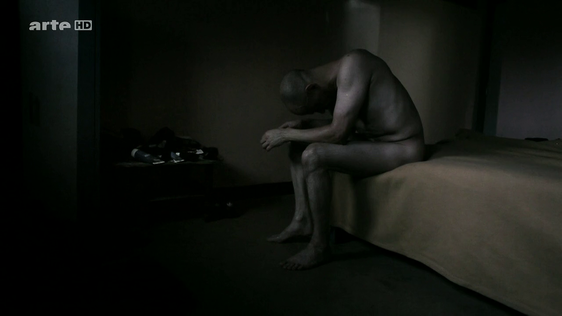 Antoine d'Agata's Atlas is a visual poem of despair that is more-or-less a journey straight into hell. Taking place in the world of prostitution and drug abuse, Antoine d'Agata's film captures this dark side of human nature, showing the toll this lifestyle has on the human body and soul. Juxtaposing absolutely beautiful imagry tat is almost like oil paintings with voiceover narration of various prostitutes and drug abusers , d'Agata delivers a truly unforgettable look into suffering and despair that's haunting and unforgettable. Atlas is without question one of the most visually stunning films I've seen in years, with every shot being beautifully realized, evoking a sense of despair, loneliness and addiction that plagues the subjects of d'Agata's documentary. I can't imagine this being an easy film for Antoine d'Agata to make, as Atlas gets up close and personal with its subjects, providing a clear window into the souls of these tortured individuals. Each woman's experience is intimate but similar, as Atlas manages to capture how they have no place for feelings in their world, being merely an object of manipulation, a piece of meat, where love doesn't exist only sadness and solitude. Atlas is a film that captures the protective capabilites of the mind, with many of these women subconsciously blocking memories out, becoming emotionally stoic as they blur time during their darker moments to hide the pain. Antoine d'Agata's Atlas is a complex depiction of the darker side of humanity that will provoke and repel, that without question will stay in my mind for a long time. 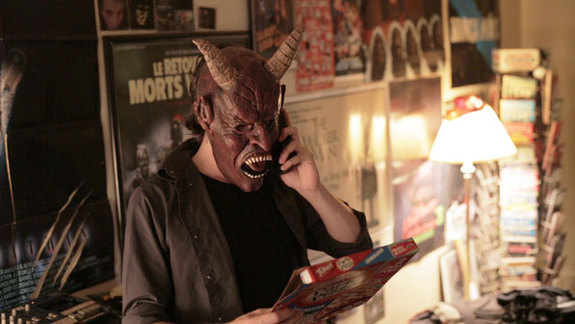 Marty lives in Gran Rapids, Michigan, currently temping at a bank in the area, a job that Marty shows absolutely no interest in keeping. Marty is lazy and has no ambition whatsoever, carrying out small-time cons in order to make money. When Marty's most recent con involving cashing small value customer checks goes wrong, he becomes increasingly paranoid, moving into his co-worker's basement in an attempt to hide. Paranoid that he will eventually be caught, Marty hops on a bus to Detroit, armed only with a pocket full of small value checks, a monstrously modified nintendo power glove, and a bad temper. Joel Potrykus' Buzzard is an outlandish black comedy and a pensive character study of one man's twisted rebellion from established society. Buzzard is an observant film, following Marty's struggles, scams, and triumphs as he lives a life by his own rules. This film doesn't have much to say on a thematic level but the way the film finds beauty in the grotesque is reminscient of Harmony Korine's Gummo. Joshua Burge is unforgettable as Marty, giving a performance that feels incredibly authentic, as if he was simply playing himself. Compelling and repulsive, Buzzard presents Marty in a way that feels more documentary than fiction, with punk-rock ferocity and subtle tragedy that is surprisingly transfixing from start to finish. 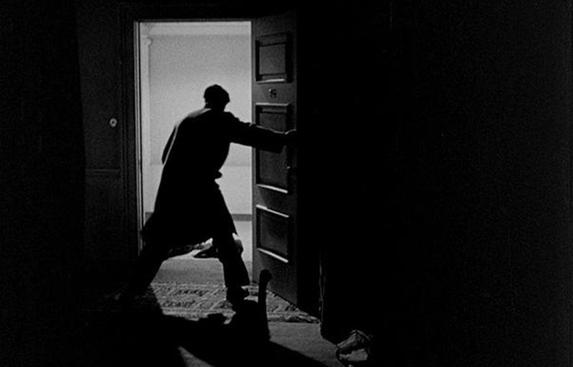 Stephen Neale has just been released after serving two years in an asylum for the murder of his wife. Unjustly committed for euthanizing his terminally ill wife, Steven is now free, discovering that the world outside is just as volatile, living in London during the German bombings of World War II. While attempting to readjust to life, Stephen accidently stumbles across a German spy ring, unsure who he can turn to or trust. Fritz Lang's Ministry of Fear is a engrossing thriller that masterfuly lives off the uncertainty and fear of the unknown to craft its paranoia. This is a film that takes the viewer on a ride with its main protagonist, throwing them into a world where no one can be trusted, keeping them in the dark as to who can be trusted by the film's main protagonist. Lang directs the film with bravado, masterfully using shadows and light to create an eery setting of paranoia in which Stephen has to navigate. As a whole, Ministry of Fear is not a truly memorable story, being an adequate spy thriller, but there are moments throughout, due to Lang's visual mastery that are very memorable. While this film is far from top-notch Fritz Lang, Ministry of Fear is a film that blends the director's more artistic talents with a fast-paced exercise in World War II intrigue, making it a fun who-dunnit story drenched in paranoia and mystery. 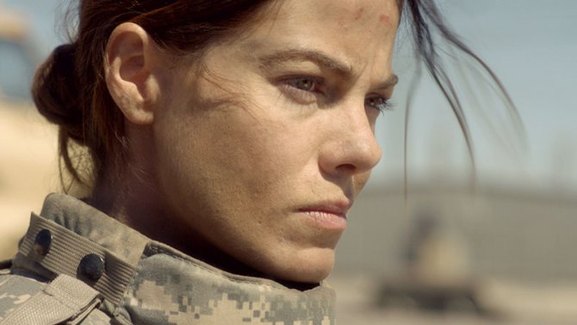 Maggie Swann, a decorated U.S. Army sergeant and medic, has returned home from an extended tour of duty in Afghanistan. Incredibly eager to see her five-year-old son, Maggie arrives home to find that her son barely recognizes her, confused by his mother's long time away. Maggie's life after deployment is a constant struggle, made more difficult by her traumatic memories of Afganastan as she attempts to reclaim her son's affection. When working at the base on Fort Bliss, Maggie learns of another deployment that threatens to sever the posititve strides she has started to make with her young son. Claudia Myer's Fort Bliss is a touching and poigant character study about a woman torn between her duties as a soldier and her obligations of a mother. Straight forward in narrative approach, Fort Bliss is a film that is uneven at times but definitely gripping as Maggie struggles with her allegiances. This is not a film that attempts to shine a negative light on the U.S. Military nor sing its praises, it's a film solely interested in exploring a personal struggle to live up to all responsibilities. Michelle Monahan gives the performance of her career in Fort Bliss, balancing both Maggie's sensitivity and strength, in creating a powerful portrait of one woman torn between two sides of her life. While I wish Fort Bliss could dove deeper into the psychological realities of many soliders who serve, itwithout question captures the personal sacrifies many soliders make for their country, doing so without any type of agenda that so many films of its ilk fall victim to. |
AuthorLove of all things cinema brought me here. Archives
June 2023
|
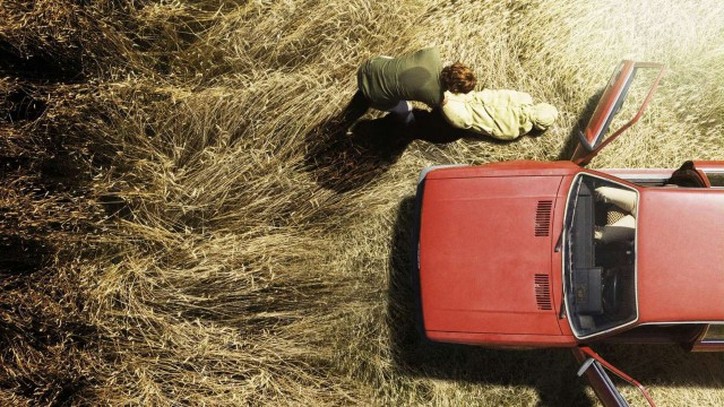
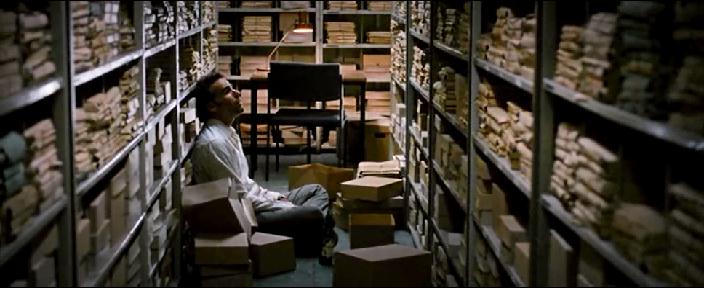
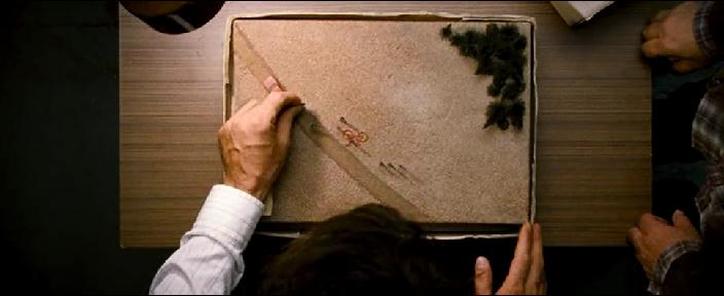
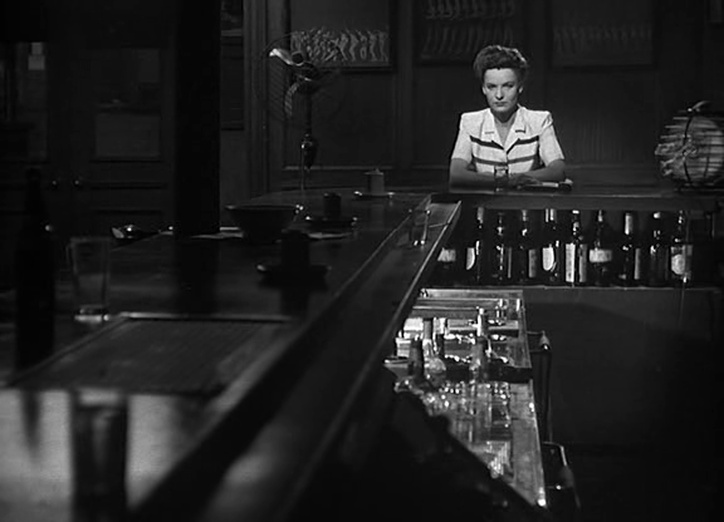
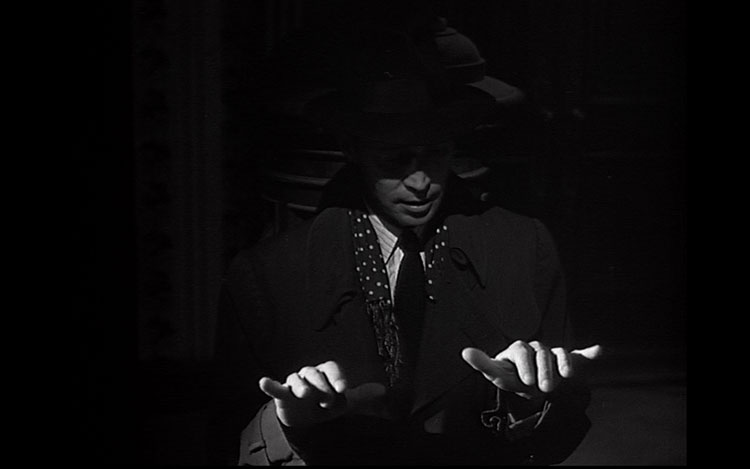
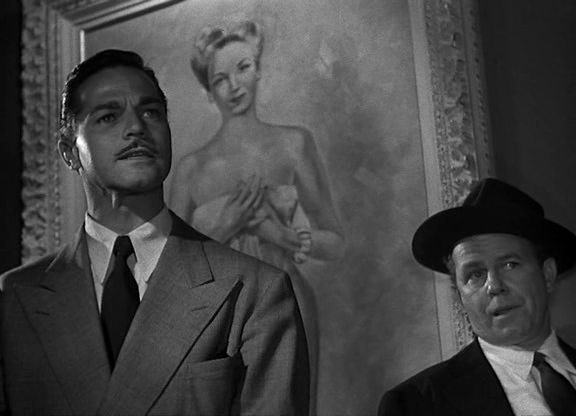
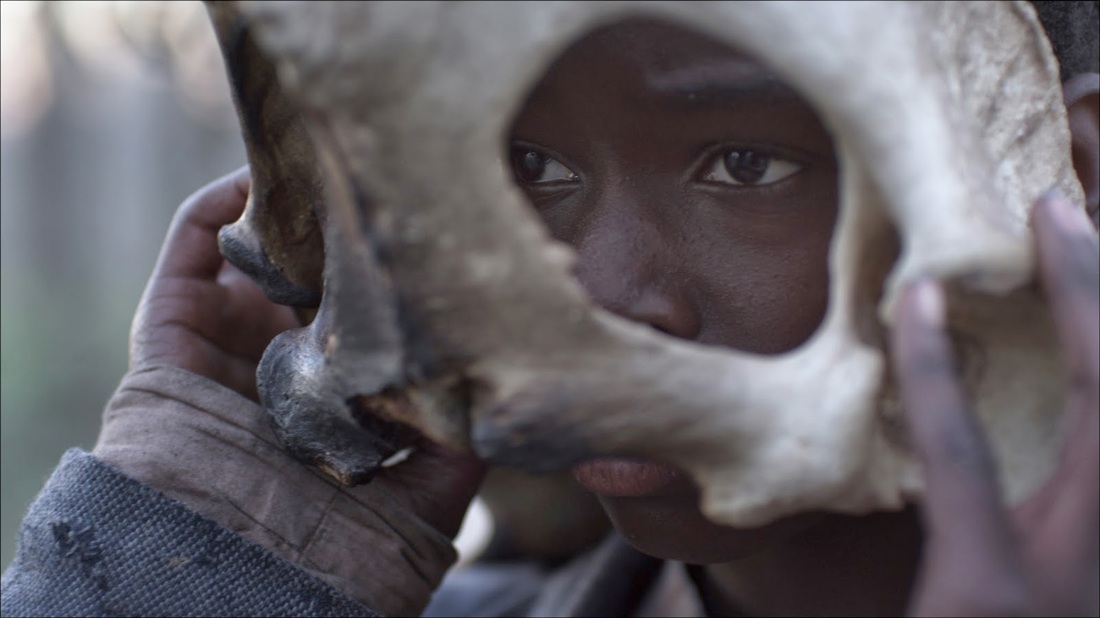
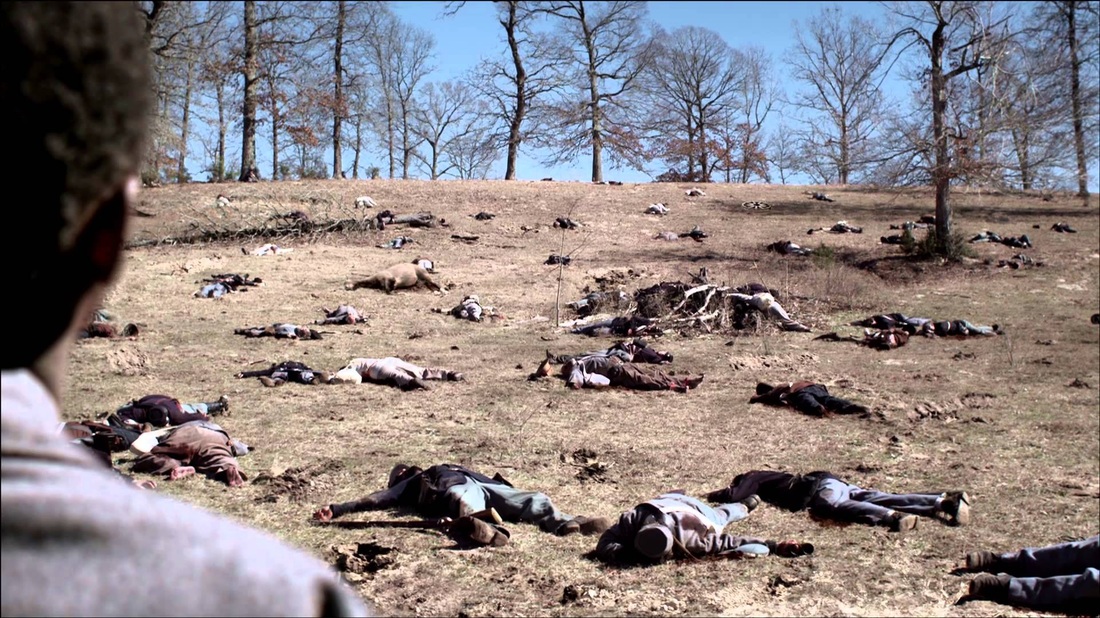
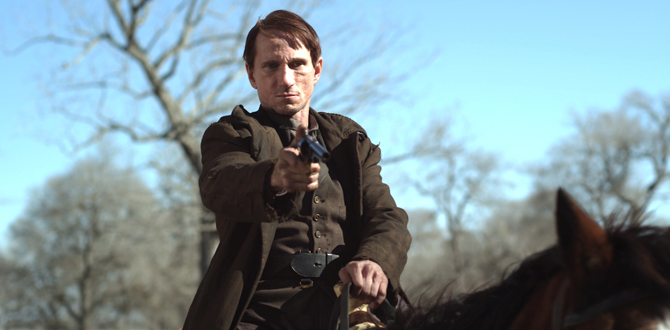

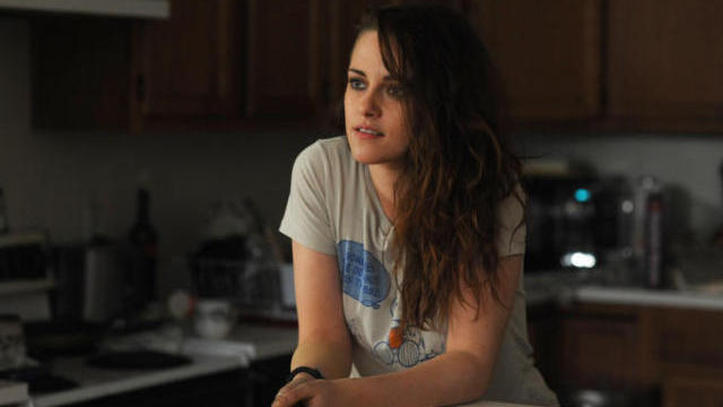
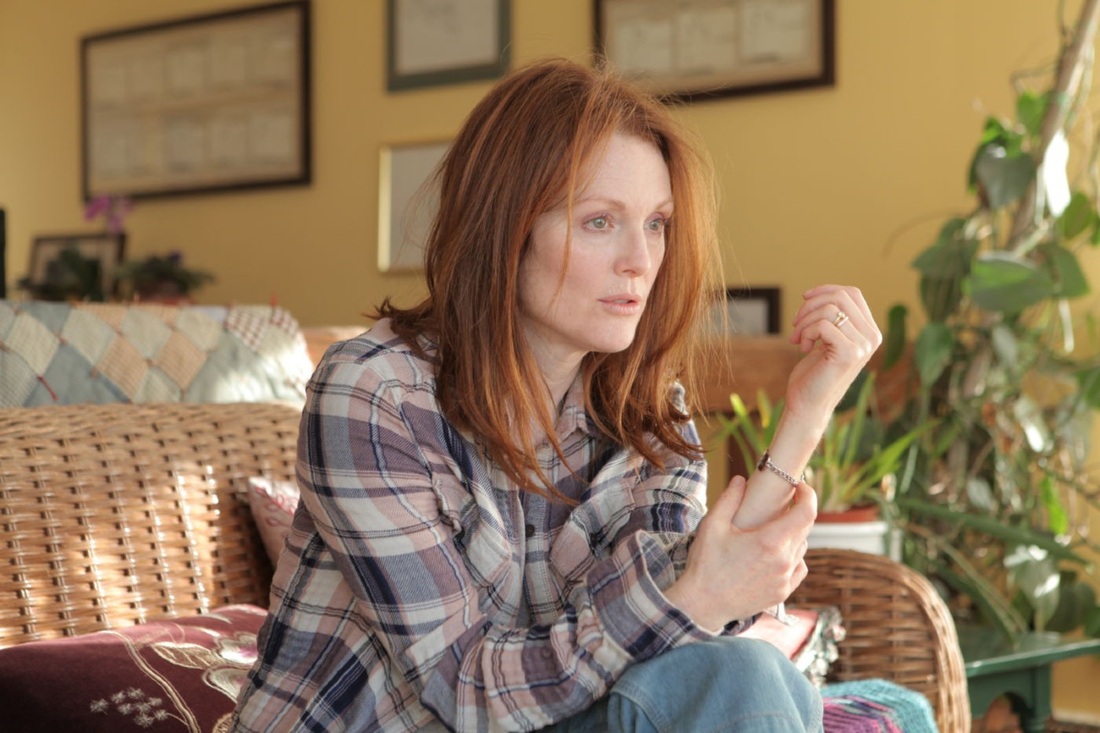
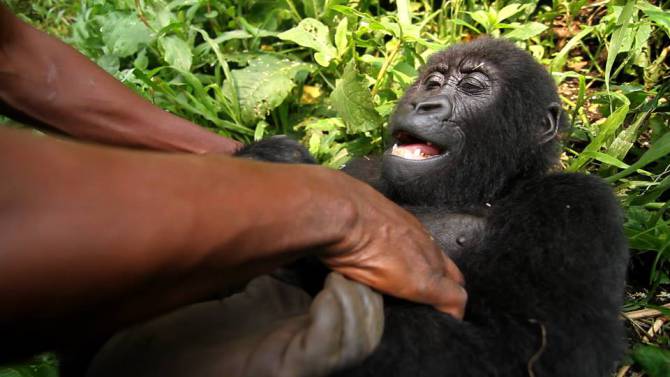
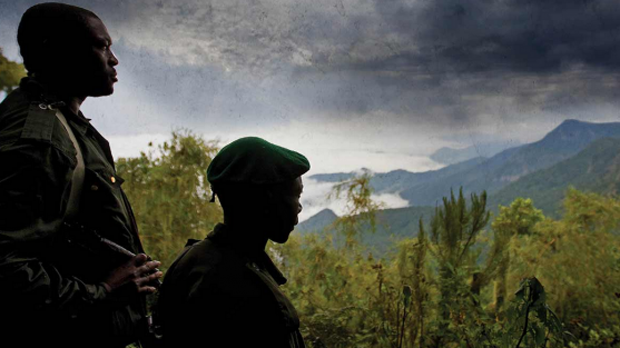

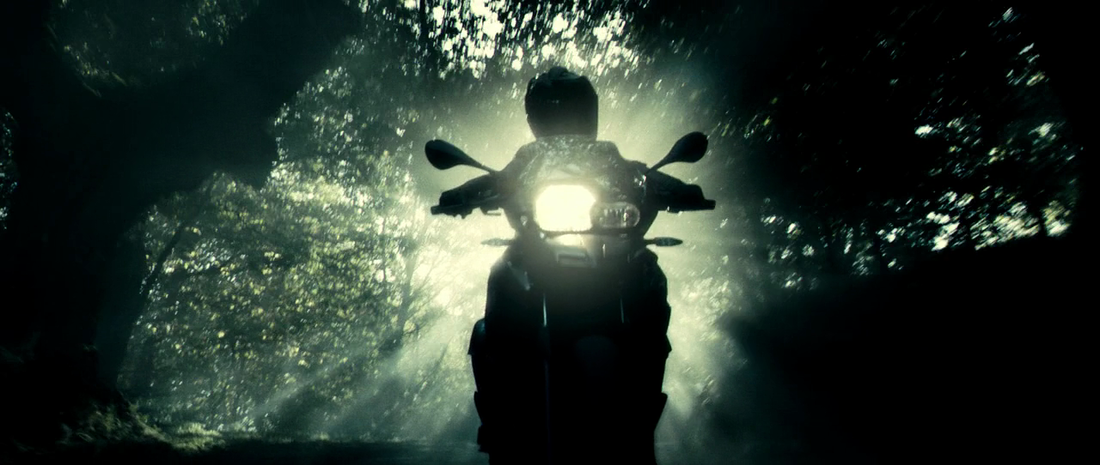
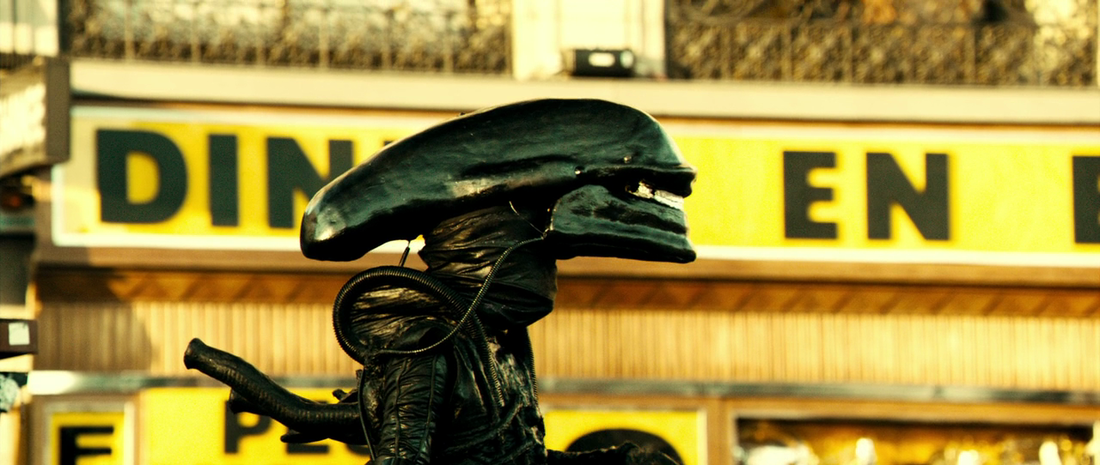
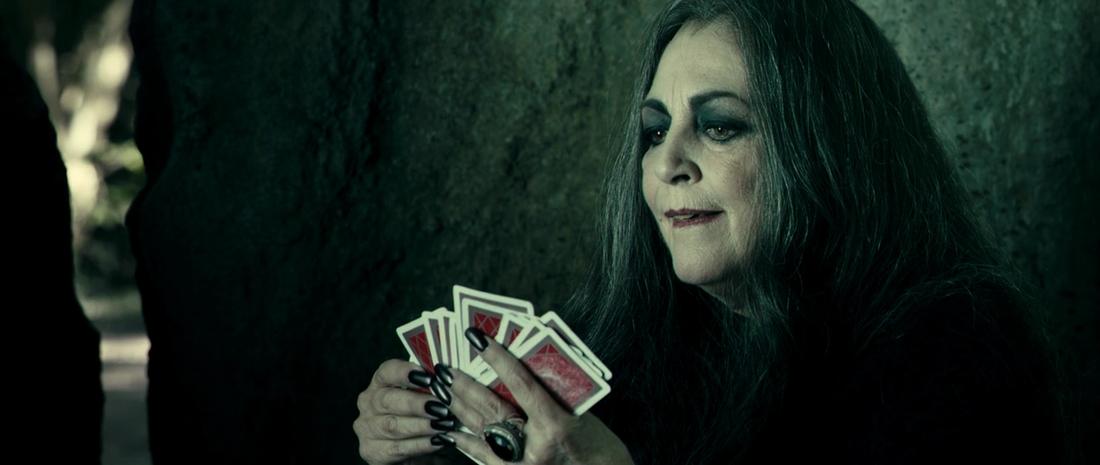
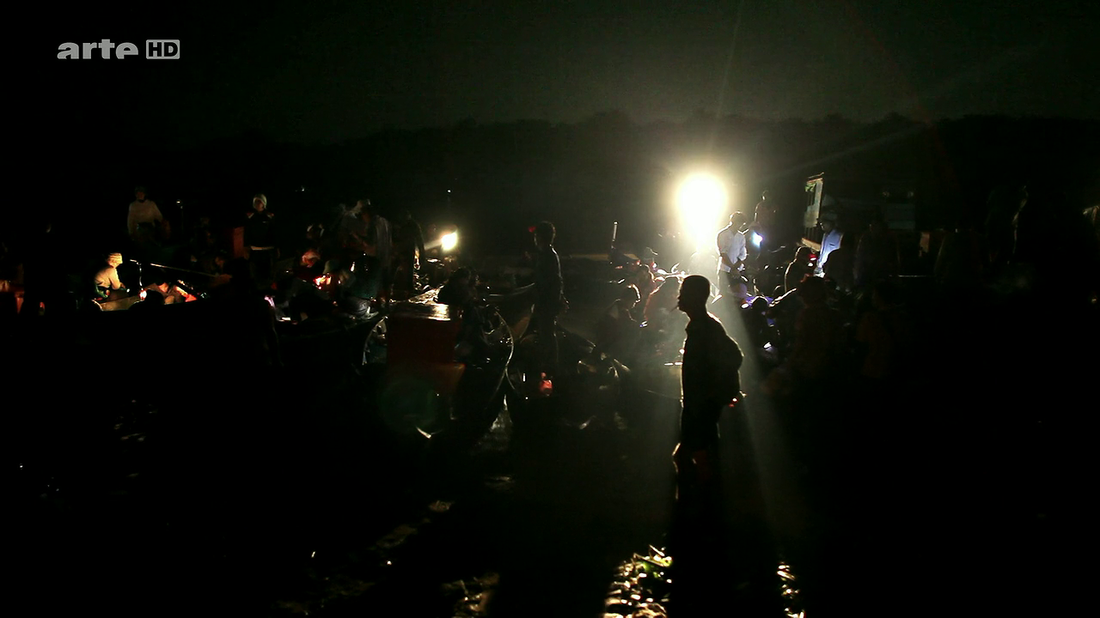
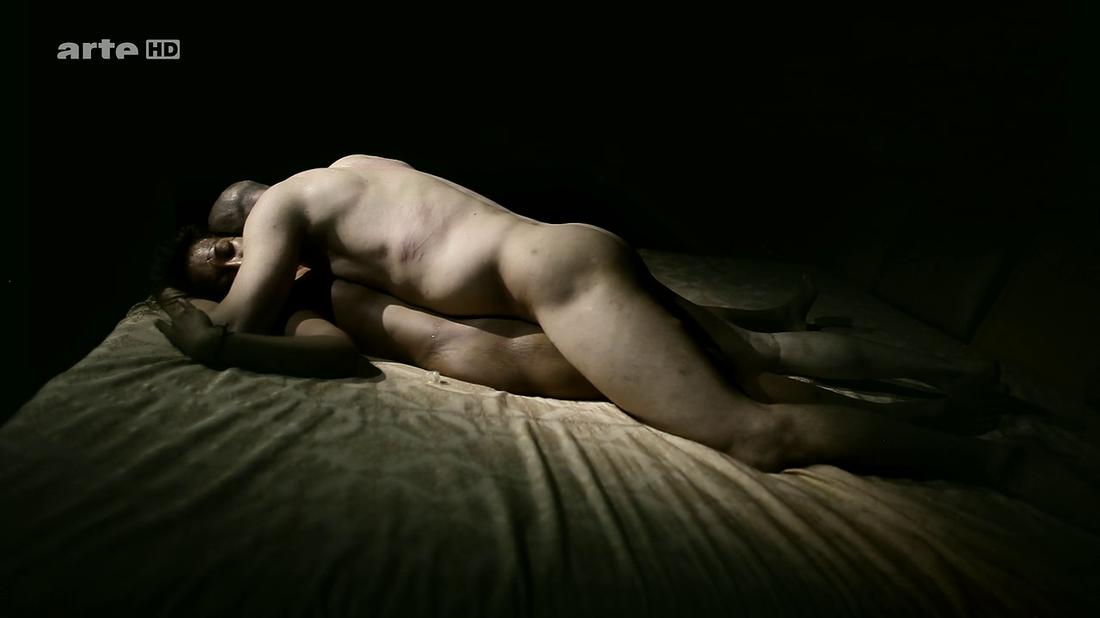
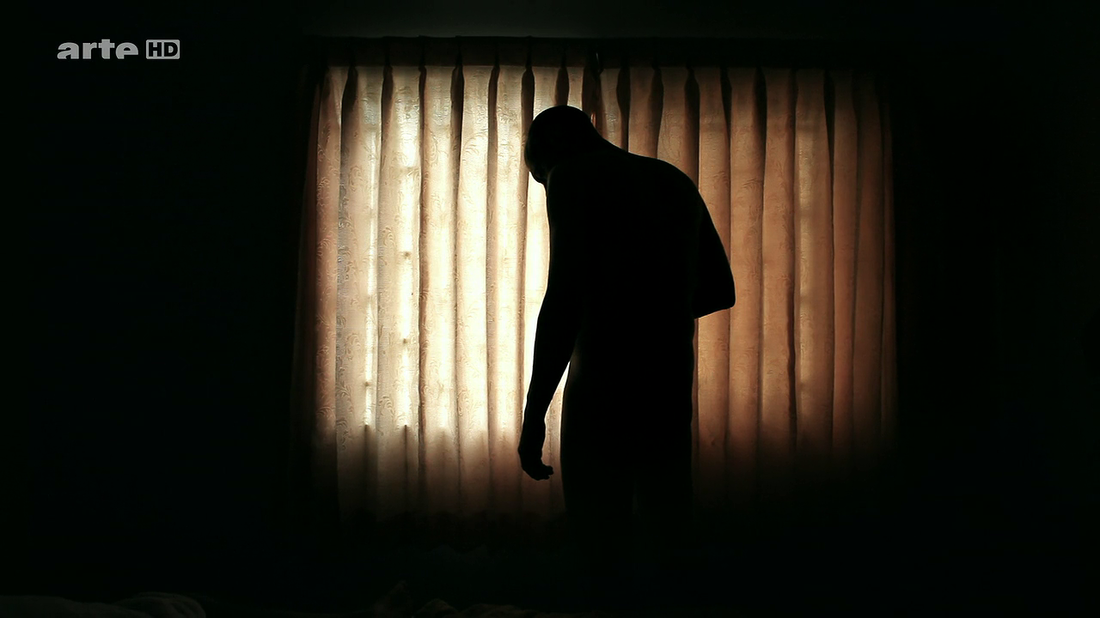

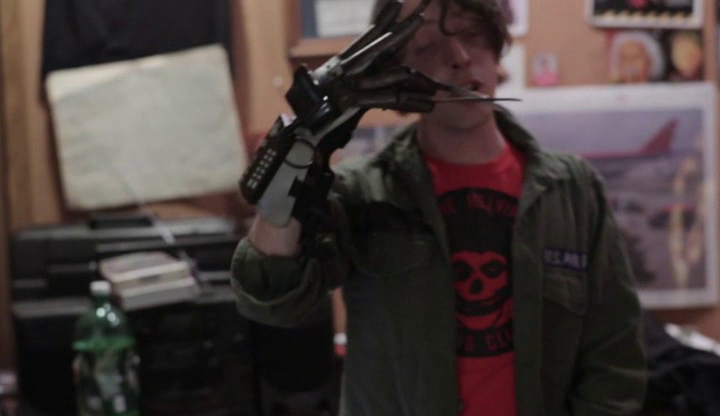
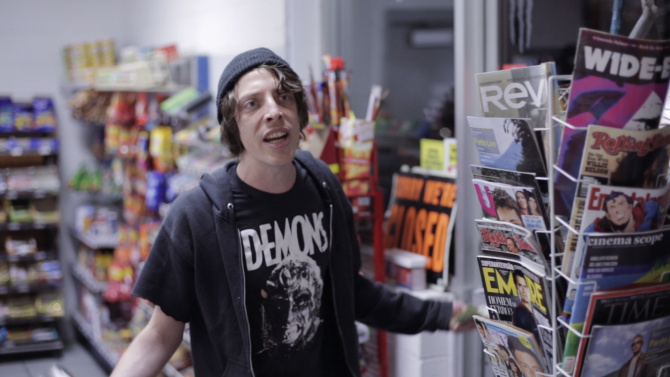
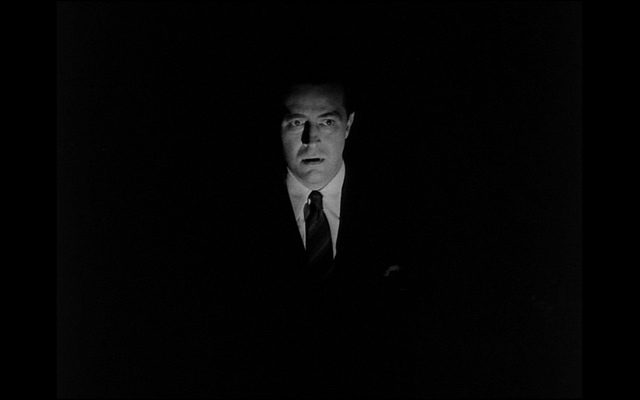
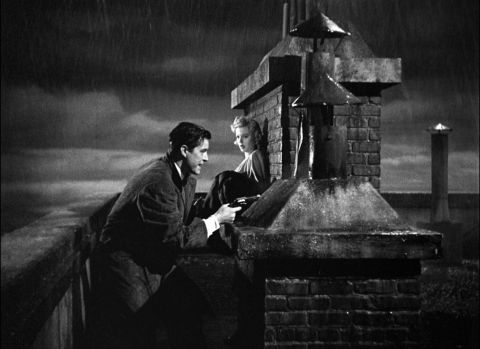
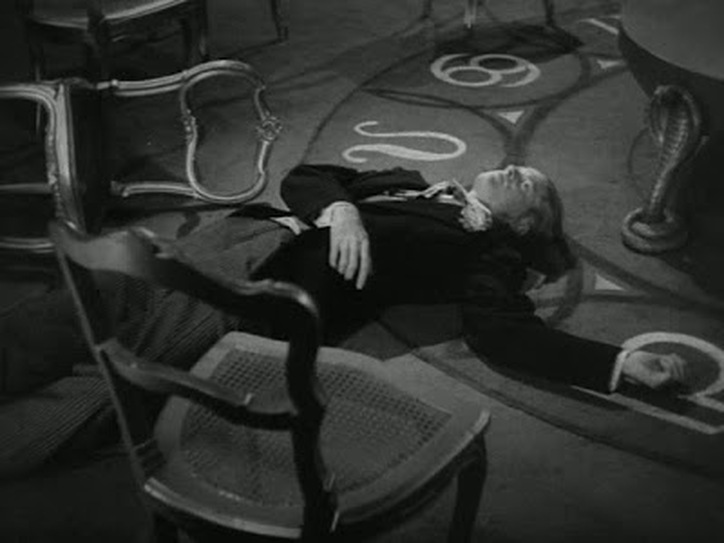
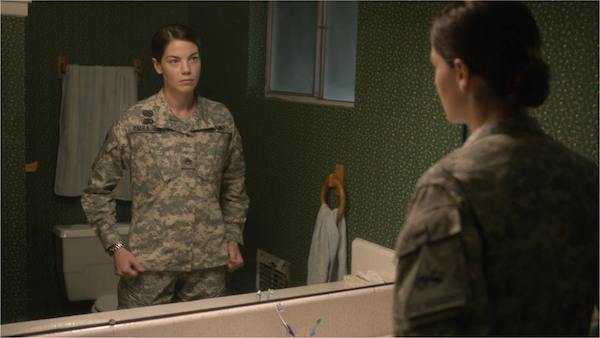
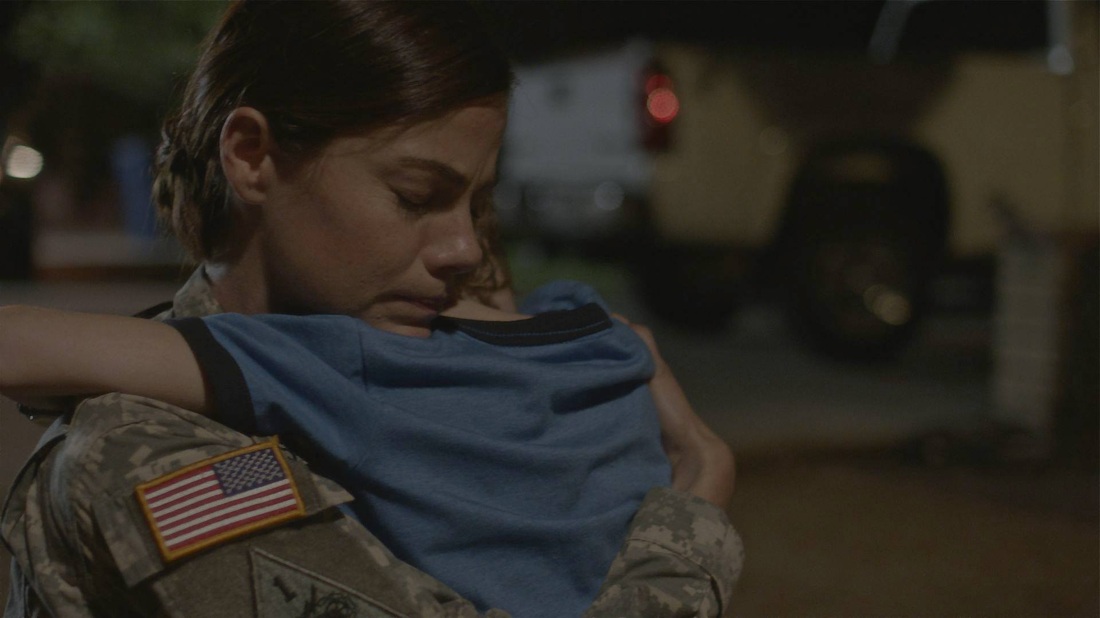

 RSS Feed
RSS Feed
